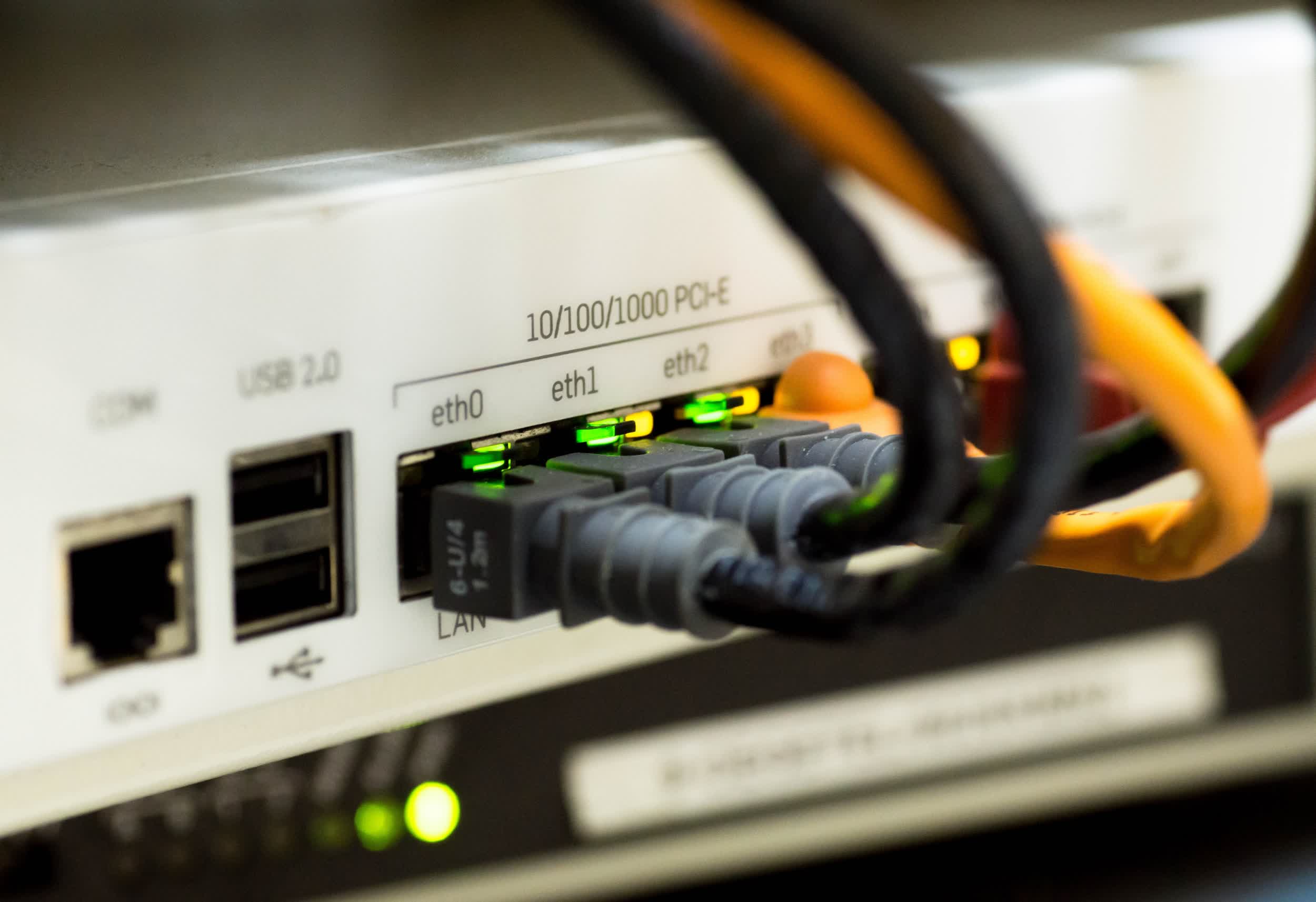In a nutshell: BroadbandChoices in its latest Internet Accessibility Index report found Denmark to have the best overall Internet service based on metrics like download and upload speed, cost and mobile Internet coverage. The US ranked second, docked for comparatively slower speeds and higher pricing.

According to the report, the average download speed in Denmark is 69.4 Mbps. That’s not the highest average BroadbandChoices found (that honor belongs to Liechtenstein), but it is close. For comparison, the US – which ranked number two overall – has an average download speed of just 27.4 Mbps.
The disparity is even greater on the upload side, with Denmark boasting an average upload speed of 40.6 Mbps compared to just 9.0 Mbps in the US. The cost of connectivity is also lower in Denmark, where citizens pay an average of $47.80 per month compared to $62.40 in the US.
It’s sort of an apples to oranges comparison when you factor in population. Denmark as of 2020 had a population of around 5.8 million people versus nearly 330 million folks living in the US at the same time.
The one thing the US does have going for it is its number of Wi-Fi hotspots, which outnumbers those in Denmark by more than 402,000. Of course, given its much larger population, it works out to a very small advantage for the US - an average of about 811 people per hotspot in Denmark versus 806 people per in the US.
The situation isn’t ideal for those in the US, but it could be a whole lot worse. Several countries including Iraq, Somalia, Yemen and Lebanon registered average download speeds less than 1 Mbps.
Image credit Pixabay
https://www.techspot.com/news/93746-denmark-has-best-overall-internet-service-but-us.html